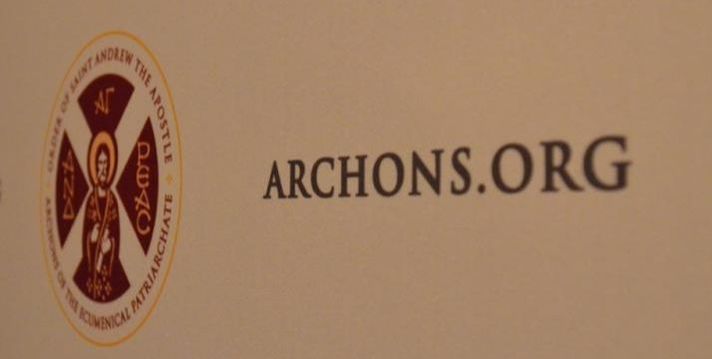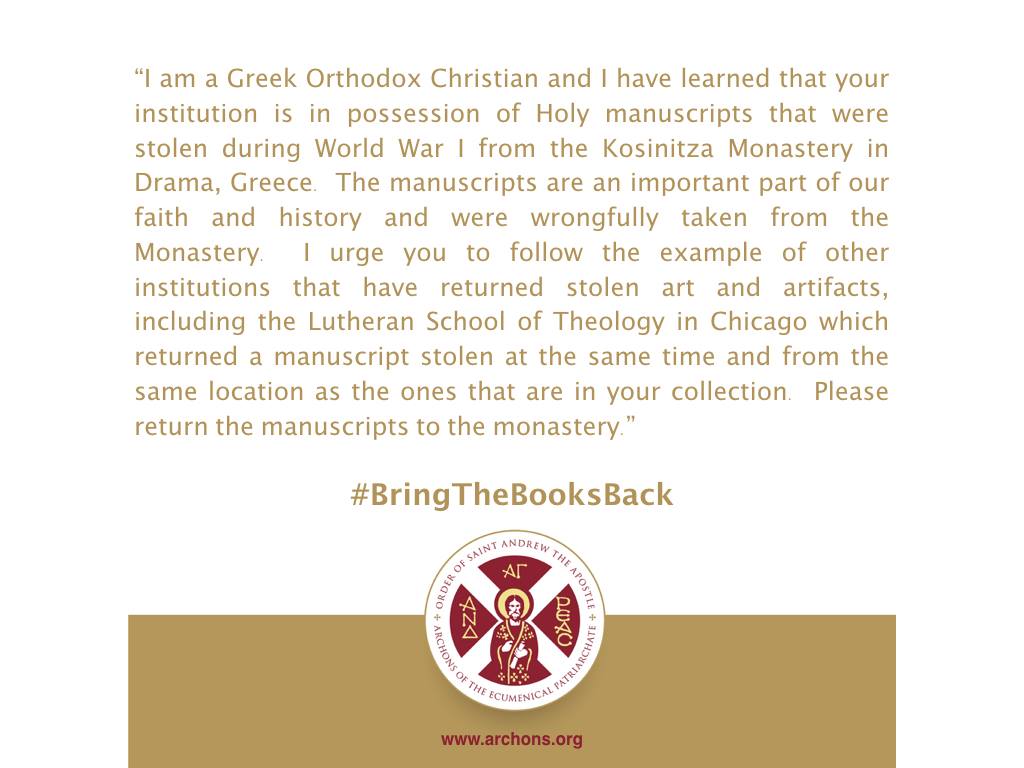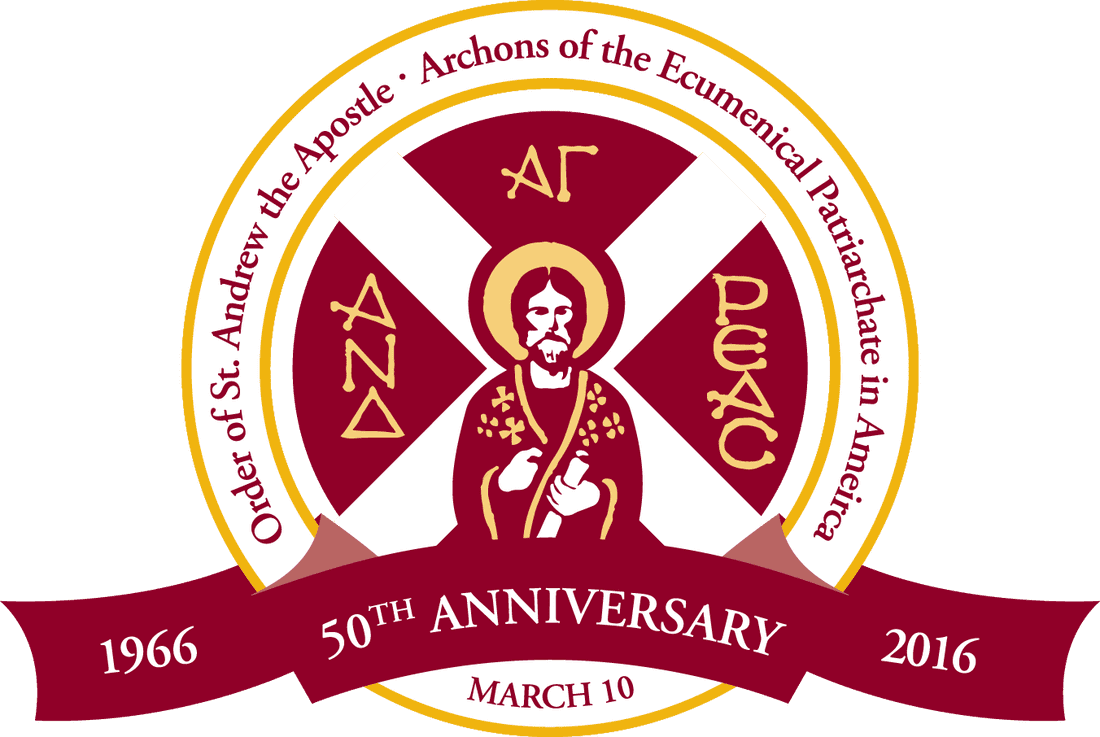|
For nearly two years, the Ecumenical Patriarchate has been making efforts to recover certain manuscripts that are currently in American universities, but which were stolen during World War I from the Monastery of the Theotokos Eikosiphoinissa in Drama, Greece. Some of these manuscripts are currently at Duke University, which has still made no move to hand them over to their rightful owner, even after their ownership was determined by an FBI investigation.
The Order calls upon Duke University to recognize that the Ecumenical Patriarchate is indeed the rightful owner of these precious and irreplaceable documents, and to return them immediately. The holy manuscripts are Greek MS1, a copy of the New Testament with commentary dating from around A.D. 1200; Greek MS13, an ancient volume of the Menaion for April; and Greek MS60, also known as Codex Daltonianus, a Tetraevangelion, or book of the four Gospels, dating from around A.D. 1300. These manuscripts, painstakingly written out by hand and diligently preserved for centuries, were stolen in 1917 by marauding Bulgarian troops from the Monastery of the Theotokos Eikosiphoinissa, along with nearly the entire contents of the library. The volumes were then sold in bookshops all over Europe. In 1931, Professor Harvie Branscomb of Duke Divinity School happened upon what became known as Greek MS1 in Tauber and Weil, a bookshop in Munich, and purchased it for the Duke Library. Duke obtained the other manuscripts later. Investigators for the Ecumenical Patriarchate have found other volumes from the Monastery library in the collections of the Lutheran School of Theology in Chicago, the Morgan Library in New York, and Princeton University. In matters such as this, the law is clear: a purchaser, even one who had no idea that he is buying stolen goods, cannot acquire valid title to stolen property, and has an obligation to return it. The Lutheran School of Theology acted promptly to return its manuscript, and the Ecumenical Patriarchate has had several positive discussions with the Morgan Library and Princeton, although these discussions have not yet resulted in the return of the volumes in their possession. The Ecumenical Patriarchate's discussions with Duke have not been as favorable, despite the fact that the university has recent experience with stolen manuscripts. In 2011, Duke returned an 11th century Byzantine manuscript to the Holy Monastery of Dionysiou on Mount Athos in Greece; this manuscript had been stolen from the monastery in the 1960s. The FBI was involved in that case, because Interpol had received an active criminal report of theft. Duke accordingly requested, when contacted about the manuscripts stolen from the Monastery of the Theotokos Eikosiphoinissa, that the FBI once again be consulted. Regional Commander Archon George A. Tsougarakis, acting on behalf of the Ecumenical Patriarchate and the Holy Metropolis of Drama, provided the FBI with information about the origin of the manuscripts; a year later, the FBI informed Archon Tsougarakis that this was indeed a case of theft and that the Ecumenical Patriarchate clearly owned the manuscripts; however, they said they had no standing to intervene since there was no criminal report of the theft, which, of course, took place over a century ago. Without a criminal report, the FBI concluded that they had no jurisdiction over the matter. When apprised of this, Duke insisted that it had to have confirmation from the FBI in writing that the manuscripts indeed belonged to the Ecumenical Patriarchate. Given the FBI's disclaimer of any jurisdiction in the matter, however, it is odd that Duke would make such a requirement, and not accept the bureau's finding that the manuscripts were indeed stolen and belong to the Ecumenical Patriarchate. The oddity of the situation is compounded by the fact that on June 7, Duke's counsel asked for "any substantive information, other than the information you have provided to date, to support your position that the item (s) in question was indeed stolen." Yet this is a matter of the historical record, confirmed by the FBI's investigation. When the Lutheran School of Theology in Chicago returned Eikosiphoinissa Monastery Codex 1424, another priceless manuscript that had been stolen from the monastery by the Bulgarian guerrillas in 1917, the School's President, Dr. James Nieman, gave many principled reasons for returning the manuscript to its rightful home. He also movingly noted that when asked that the manuscript be returned, he and his colleagues asked themselves three questions: "If you could right a wrong you never caused, would you? If you could befriend a stranger, would you? And if you could by a single act show the good news of Jesus to others, would you?" The answer to these questions for the Lutheran School was a resounding and unqualified yes. The Order hopes that Duke University officials will also answer these questions affirmatively, and move swiftly now to return Greek MS1, Greek MS13, and Greek MS60 to their rightful home in the Eikosiphoinissa Monastery, and that Princeton and the Morgan Library will return the manuscripts in their possession as well. |
#bringthebooksbackHow to helpEmail these individuals and share your concern:
Princeton
Christopher Eisgruber, President haparker@princeton.edu Duke Vincent Price, President president@duke.edu The Morgan Library Colin Bailey, Director cbailey@themorgan.org Sample emailDear sir,
I am a Greek Orthodox Christian and I have learned that your institution is in possession of holy manuscripts that were stolen during World War I from the Kosinitza Monastery. I urge you to follow the example of other institutions that have returned stolen art and artifacts, including the Lutheran School of Theology in Chicago which returned a manuscript stolen at the same time and from the same location as the ones that are in your collection. Please return the manuscripts to the monastery. "If you could right a wrong you never caused, would you? If you could befriend a stranger, would you? And if you could by a single act show the good news of Jesus to others, would you?" The Ecumenical Patriarchate discovered recently that certain institutions in the United States, including The Morgan Library & Museum, Princeton University and Duke University, collectively hold eight Byzantine-era holy manuscripts that were stolen, along with many others, from a Monastery in northern Greece in late March of 1917, during World War I.
Princeton President, Christopher Eisgruber: haparker@princeton.edu, Duke President, Vincent Price: president@duke.edu The Morgan Library Director, Colin Bailey: cbailey@themorgan.org to return the manuscripts. #bringthebooksback #BRINGTHEBOOKSBACK |
Site Underwritten by Archon Elias and Angela Damianakis of Gotcounseling.us





